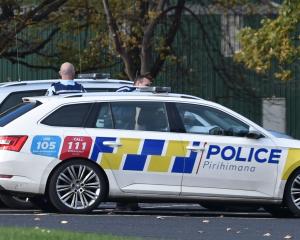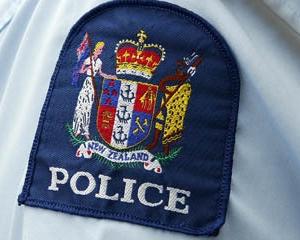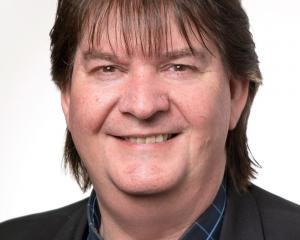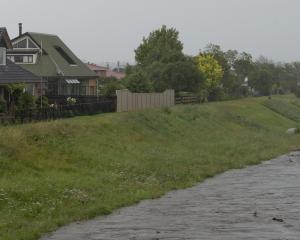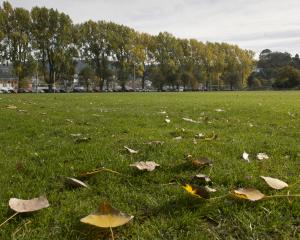A new lobby group pushing for an overhaul of Dunedin's bus network hopes to follow in the footsteps of the city's cycling advocates.
Bus Go Dunedin is to hold its first full public meeting tonight, when it will elect a committee, spokesman Alex King said this week.
Once the housekeeping was done, Mr King said the group would push for change after years of ''frustrating'' inaction over improvements to the city's public transport.
The group planned to lobby the Dunedin City Council to assume responsibility for the network, controlled by the Otago Regional Council, and encourage improvements, he said.
Ideas included discounted fares at off-peak times, initially for those holding community services cards, and changes to timetables and routes to make the service more user-friendly, he said.
The introduction of real-time bus information, telling passengers when the next bus was due, should also be a priority, now that smartphone technology made the service more affordable, he said.
Mr King - a cyclist who did not own a car - said the group had already held several informal meetings, attracting about 12 people, and at least that many were expected at tonight's launch.
He hoped the group would act as a conduit between frustrated bus users and whichever council ran the service in future and it would also lobby for change.
''We just hope to be a bit of a dog with a bone about it,'' he said.
Mr King was encouraged by the success cycling advocates had enjoyed in recent years, pushing the DCC - together with the New Zealand Transport Agency - to invest millions in cycleway improvements.
''I think we could do the same for bus users,'' he said.
He was also encouraged by the election of new, younger, Green-leaning city councillors, who he hoped would have a more ''sympathetic'' ear.
Mr King said the bus service worked for those who were used to it, but could be complex and unwieldy for newcomers.
The group wanted to push for low-cost changes initially, such as a simplified timetable, rather than major investment in a ''white elephant'' service, funded by ratepayers, he said.
The slow pace of change to date had been ''very frustrating'', he said, pointing to public meetings in 2010 that called for improvements.
''As far as I can see, nothing much has happened since then ... I get the feeling the powers that be just go through the motions and provide an adequate service,'' he said.
The ORC has invested in changes in recent years, including new shelters, bike racks on buses and changes to some timetables and routes, and patronage was up 4.7% in the six months to March this year.
A student bus fare discount would be trialled during next year's Orientation Week.
ORC chairman Stephen Woodhead last month said the regional council was ''open to having discussions'' about further changes.
His comments came after DCC chief executive Paul Orders said city and regional councillors would soon consider a business-case study, commissioned by the DCC, examining possible changes to the network.
The study examined ways of improving the network, including the costs, benefits and problems associated with any city council takeover, Mr Orders said.
It was the latest sign of progress in a debate that has so far failed to reach a conclusion.
Last month, Mr Orders said the DCC now hoped to consider the first stage of any changes at next year's DCC budget hearings.

